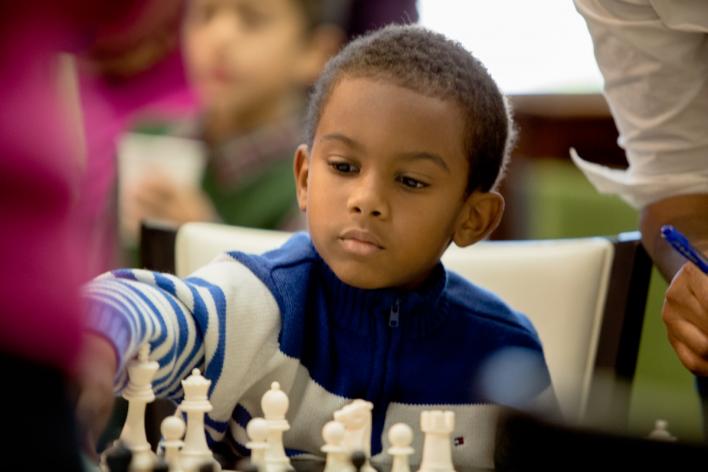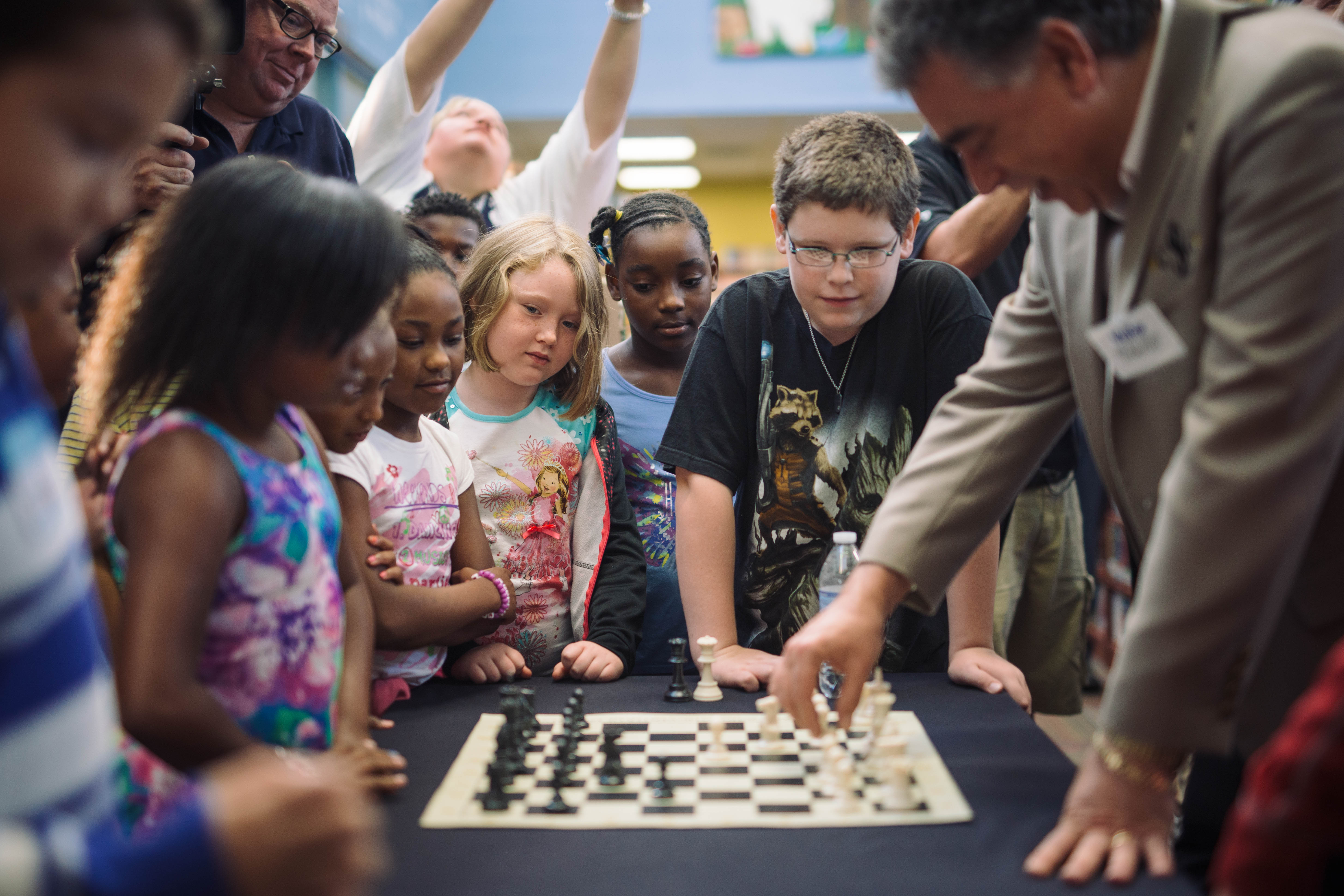
by Anna Nicotera & Emily Sholtis, Basis Policy Research
Examining whether chess influences academic performance has been a popular area of research. Many researchers have looked at whether participation in chess programs promotes greater academic achievement in students. We have created a survey of the research here and you can read many of the studies from the report in the Chess Club and Scholastic Center of Saint Louis’ research portal.
Perhaps not surprisingly, the overall impact of chess programs shows that learning to play chess can have a positive and statistically significant impact on student mathematics performance and cognitive outcomes.
While there appears to be a link between chess and student outcomes, the current research is limited when it comes to explaining why and how learning to play chess may lead to improvements in student academic performance. Interestingly, a new research project, a multi-year study funded by the U.S. Department of Education, recently completed data collection and it was designed to explore just these questions. The study investigated specifically whether learning to play chess through an after-school intervention can change measures of cognitive executive function and whether changes in executive functions are in turn related to student performance.
The research team for the federally-funded study is composed of Dr. Michelle Ellefson, a senior lecturer in psychology and education at the University of Cambridge, Dr. Zewelanji Serpell, an associate professor in developmental psychology at Virginia State University, and Dr. Teresa Parr, a clinical psychologist, who developed the chess curriculum for the study with Grandmaster Maurice Ashley.

While final results from the study have not been published yet, you can learn more about the rationale behind the study design here and see preliminary results from a presentation at the 2015 London Chess Conference here. Recently, the Chess Club had the opportunity to talk with Dr. Ellefson, Dr. Parr, and Maurice Ashley about the study and the researchers gave the following details about the study.
The study provided after-school chess instruction to elementary students, ages 8-11, for roughly seven months over the course of an academic year. Two cohorts of students participated in the study, each for one academic year. Students participated in 90 minute after-school sessions for three days per week. The after-school sessions were set up so that two days per week were devoted to chess instruction and the third day was used for chess free play. In addition to learning how to play chess, students participated in cognitive tasks and assessments to gather data on how chess was impacting them. Data was collected on the development of student executive functions, including skills such as impulse control, mental flexibility, and working memory. Academic achievement data was collected from standardized assessments administered by the schools. The study encompassed 400 students, over two years, who participated in 14,000 cognitive activities.
The research team expects to release final results by the end of 2016. Stay tuned to the Chess Club’s blog, as we will post updates about this research when it is released.


